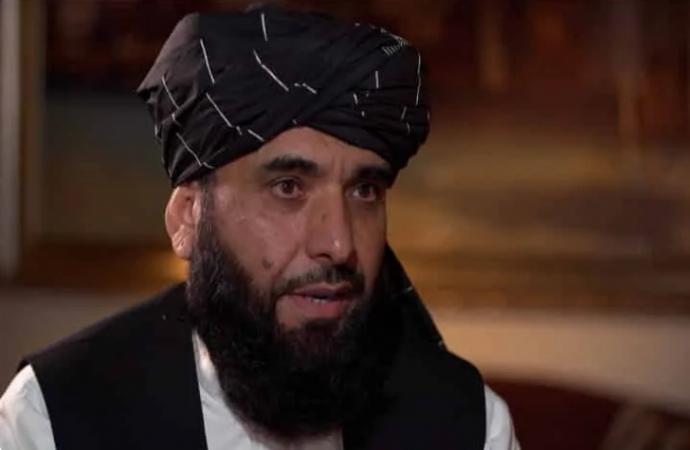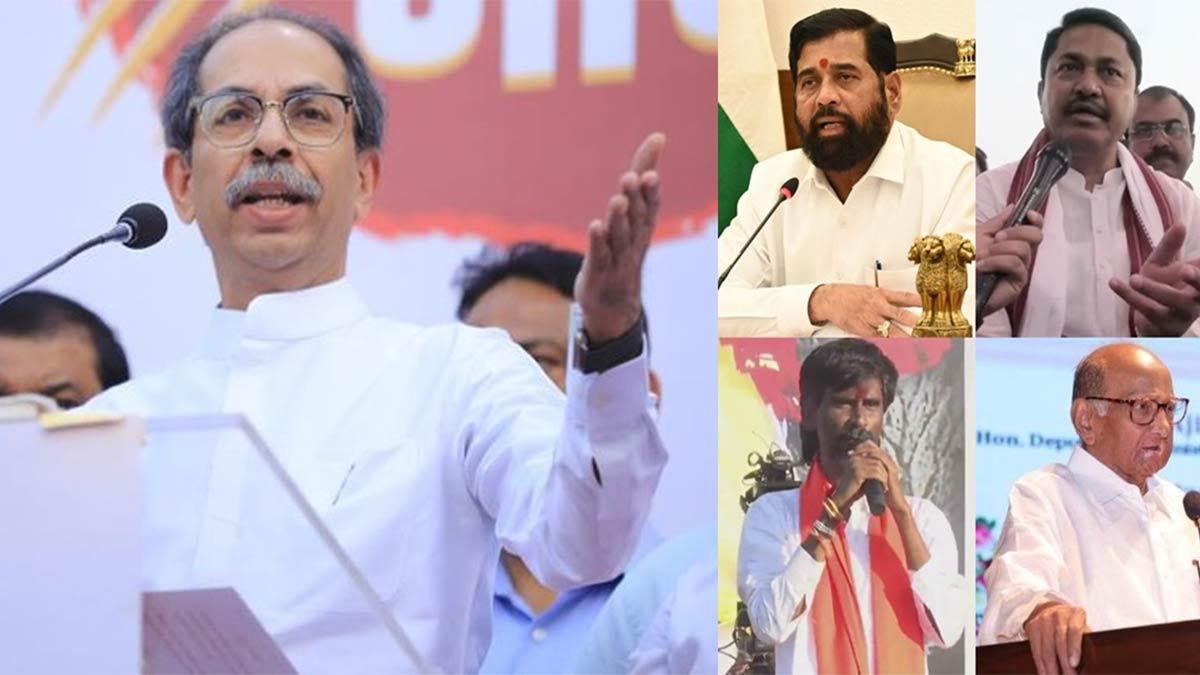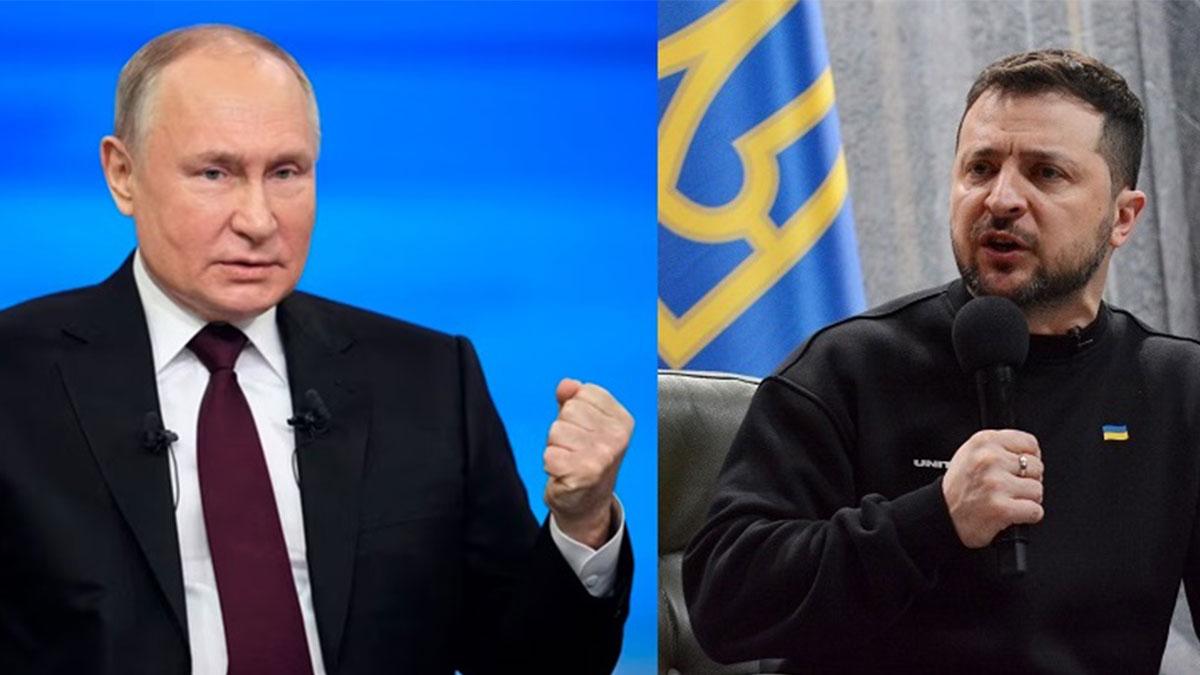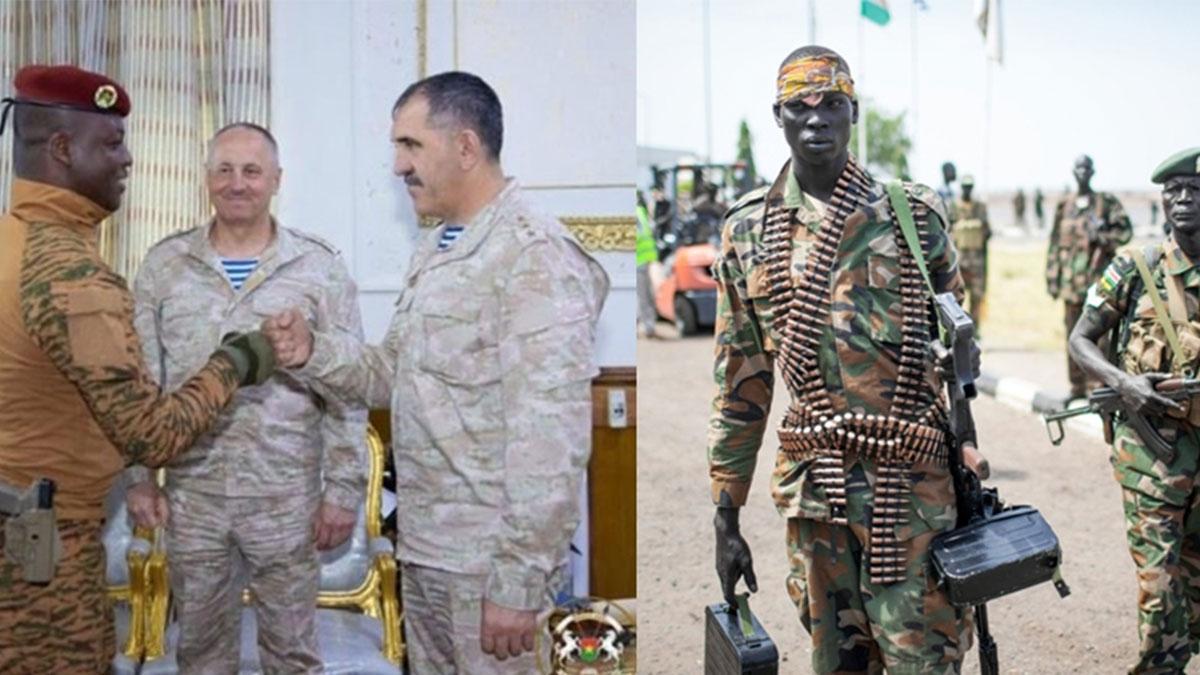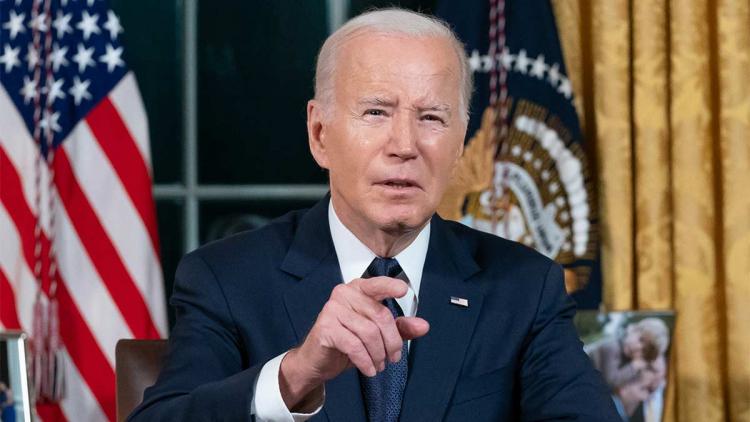The annual meeting of the United Nation General Assembly (UNGA) this year is discussing the legitimacy of the new ruler of Afghanistan - the Taliban.
But now the bigger question has emerged - who would represent Afghanistan at the UNGA after the Taliban took over the country last month? On Monday the group appointed their spokesperson of Doha political office Suhail Shaheen as ambassador to represent Afghanistan.
In a letter to the UN Secretary General Antonio Guterres, the Taliban Foreign Minister Amir Khan Muttaqi has requested that Shaheen should be allowed to speak in the ongoing session of the UNGA. Muttaqi said in the letter that former Afghan president Ashraf Ghani was "ousted" as of 15 August and that countries across the world no longer recognise him as president, and therefore Isaczai no longer represented Afghanistan.
But there is a twist in the tale. Reuters reports that the spokesperson of the UN secretary General, Farhan Haq, said the Taliban's request had been sent to a nine-member credentials committee, whose members include the US, China, Russia, Sweden, South Africa, Sierra Leone, Chile, Bhutan and the Bahamas. But the committee is unlikely to discuss the issue before next week.
Also Read | Congress' Revival Journey: It's All About Making The Right Beginning
So, it is doubtful that the Taliban foreign minister will be able to address the world body because the present session is ending on Monday. The committee has, in the past, refrained from making a decision.
Instead, it has referred it to the General Assembly for a vote. As of now, the present ambassador Ghulam Isaczai is the recognised Afghan representative in the UN who is scheduled to speak in the UNGA session on September 27. Objections from a few countries, including Pakistan are, nevertheless, expected.
According to UNGA rules, until a decision is made by the credentials committee, the present Afghan ambassador Isaczai will remain in the saddle.
No government has yet recognised the Taliban government, demanding that it must meet its commitments on an inclusive government, human rights and women's education. But some countries continue to lobby for the Taliban.
Also Read | Biden, Modi Or Who? Wanted A World Leader At UNGA This Week
Expectedly, the Pakistani Foreign Minister Shah Mahmood Qureshi who is in New York, has been pushing hard for the Taliban's case.
"Now there is hope for peace in Afghanistan, and the international community should not leave Afghans alone at this critical juncture," Qureshi was quoted as saying. The Pak foreign minister urged the world community to engage with the "new reality" .
Qureshi was supported by Qatar, who has played a pivotal role in Afghanistan, urging world leaders against turning their backs on the Taliban.
The ruling emir of Qatar, Sheikh Tamim bin Hamad al-Thani stressed "the necessity of continuing dialogue with Taliban because boycott only leads to polarisation and reactions, whereas dialogue could bring in positive results".
But the 193 members of the UN are not in a hurry to recognise the Taliban before undergoing careful review. Their concerns are legitimate.
Many members in the Taliban's interim government including the Interior Minister Sirajuddin Haqqani with a bounty of $4-10 million on his head, are on the UN sanctions list. Many countries around Afghanistan are apprehensive about how Taliban rule will affect their own security. There is fear that an expanded Islamic State Khorasan Province (ISKP), Al-Qaeda, and others will use Afghan soil as a springboard to expand their regional influence.
Incidentally, during its first grab at power in 1996, the Taliban wanted to replace the Afghan envoy appointed by the government that they had toppled, but the UN had rejected the move.

